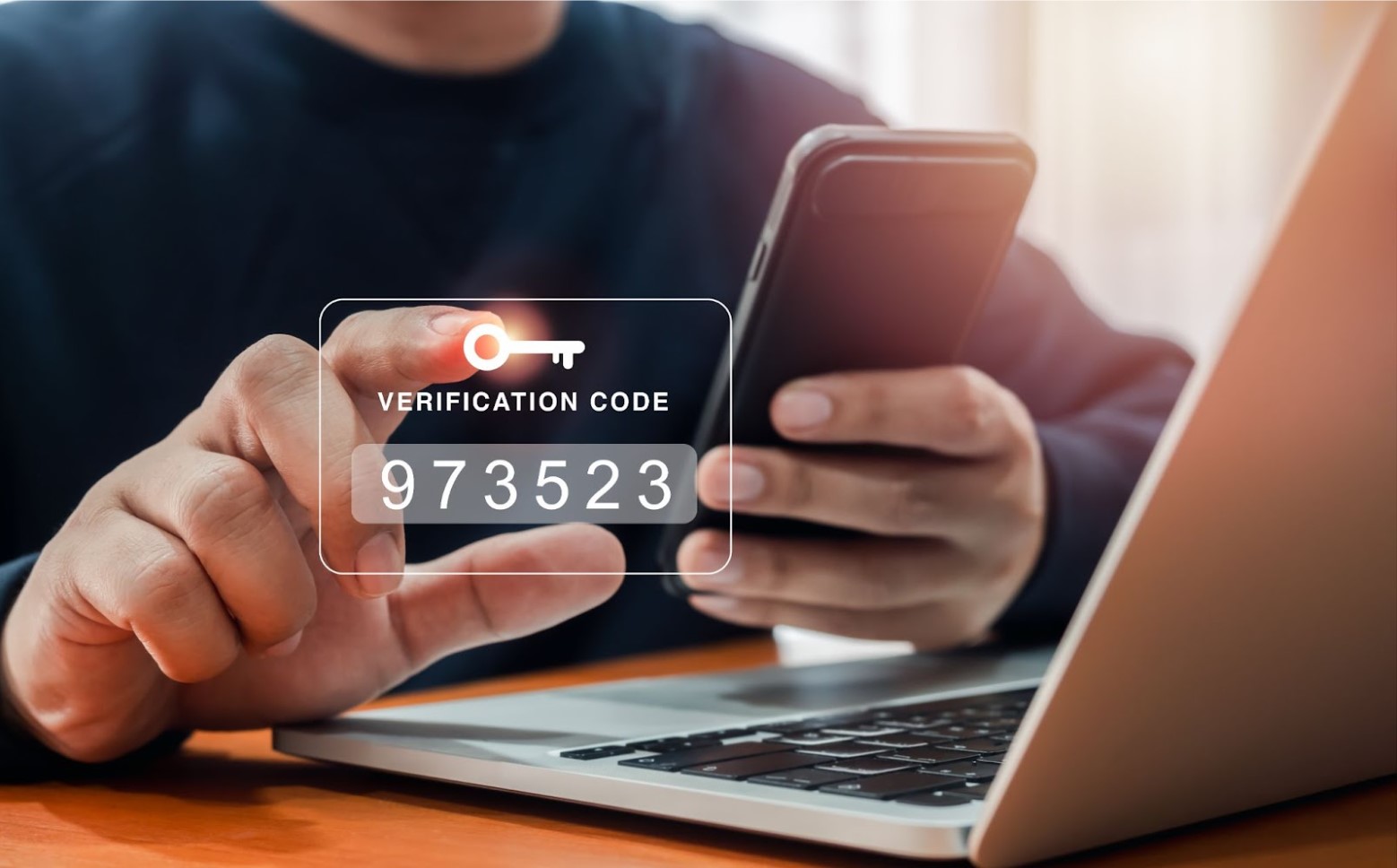Passwords are a staple for accessing everything from social accounts to business systems. Unfortunately, passwords alone aren’t enough to keep accounts and sensitive information safe anymore. The rise of cyber threats has limited the level of security a single password can provide, no matter how creative it might be. That’s where two-factor authentication (2FA) comes in.
2FA provides an extra layer of security to protect your accounts and systems from hackers. But, like any tool, it comes with both benefits and challenges. While 2FA is integral to modern cybersecurity, it’s important to understand these perks and pain points.
What is Multi-Factor Authentication?
Two-factor authentication, often shortened to 2FA, is a security process requiring two forms of verification when logging into an account. For example, you might enter your password alongside a second form of proof, such as a code sent to your phone, a fingerprint, or a hardware token.
The extra layer of security makes it harder for hackers to access your accounts, even if they manage to get hold of your password. That added protection is a must, especially for businesses and individuals looking to protect sensitive data.
Benefits of Two-Factor Authentication
Multi-factor authentication is notably more secure than a standard password. But in what ways is multi-factor authentication (MFA) more secure than a password? What benefits does it offer over a regular password? Here’s what you need to know.
Stronger Security
The primary benefit of 2FA is improved security. Passwords, no matter how strong or creative they might be, are rarely enough on their own. Password breaches are unfortunately common, especially since hackers can leverage techniques like phishing, brute force attacks, or exploiting reused passwords to gain access.
With the second layer of security offered by 2FA, you still have a level of protection, even if your password is compromised. Having that second layer drastically reduces the risk of unauthorized access, which is crucial, especially for companies that handle sensitive customer information or intellectual property.
Protection Against Phishing
Phishing attacks have evolved, becoming substantially more sophisticated. Attackers are able to mimic legitimate websites to trick users into giving up their login credentials. This scam, when well done, can affect even the most cautious users.
That’s where 2FA comes in handy. While the attacker might obtain your password and attempt to use it immediately, 2FA gets in the way of them gaining access to your account. The second layer of authentication, whether it’s a one-time code from an app like Google Authenticator or a prompt on your phone, renders your password useless in isolation.
Easier to Implement Than You Might Think
Setting up 2FA might sound like quite a chore. However, in all reality, it’s fairly simple. Modern platforms have simplified the process, making the steps involved in enabling 2FA as easy as turning on a feature in your account settings, downloading an authentication app, or linking a phone number.
At an enterprise level, managed IT service providers, like Infiniwiz, can guide you through the process. This way, you can ensure that you roll out 2FA as seamlessly and effectively as possible without disrupting your team’s productivity.
Compliance With Industry Standards
Over the years, industry standards designed to protect data have become increasingly more complex. With scams on the rise, those standards have extended to encompass data protection, specifically with regard to online accessible data.
Whether you’re in finance, healthcare, or e-commerce, specific data protection compliance standards likely apply to your business. Failure to comply could lead to hefty fines, not to mention a hit to your reputation, so it’s important to maintain compliance at all times.
2FA is often a requirement or strongly recommended by regulatory bodies because of the extra layer of security it offers. Implementing 2FA can protect your business, meet regulatory requirements, and avoid potential penalties.
Pain Points and Challenges of MFA
While 2FA is undoubtedly beneficial, it’s not without its challenges. A few common pain points of MFA include:
User Friction
The swap from a quick and easy password to a two-step sign-in process can seem like a headache. Some users view 2FA as inconvenient because they don’t want to add extra steps to their login process, especially since the process may involve multiple devices, even if the second step only involves a quick tap.
This complaint is 100% valid—2FA does add an additional layer of complexity to accessing accounts, which might feel like a hassle, especially for users who need to log in frequently. It can feel like an inconvenience, but considering the layer of security it provides, the extra minute or two to complete the second authentication step can be the difference between secure data and a data breach.
Device Dependency
Many 2FA methods rely on a secondary device—such as a smartphone—to authenticate a user. While this can be convenient when you have the device readily available, it can become a problem when said device goes missing. What happens when that device is lost, stolen, or simply unavailable?
For businesses, this device dependency can lead to unnecessary downtime. An employee who can’t access their 2FA code may be locked out of critical systems until the issue is resolved. To skirt these problems and minimize disruptions, it’s important to have a contingency plan, such as backup authentication methods or security questions, in place.
Implementation Costs
Scaling up to 2FA can involve some costs, whether it’s purchasing hardware tokens for employees or investing in an IT service provider to set up and manage the system. This, paired with the time and effort required to train staff, can make businesses hesitant to adopt 2FA.
The costs and time commitment to implement 2FA can seem like a huge undertaking, especially for smaller businesses with tight budgets. However, it’s important to weigh the costs and effort against the potential financial losses associated with a data breach. In the long run, that initial investment of 2FA pays off by preventing the expensive headache of a security incident.
Not Foolproof
While 2FA significantly boosts security, it’s not completely invulnerable. SIM swapping, in particular, is a growing threat where attackers trick mobile carriers into transferring your phone number to a new SIM card. Once they have control of the phone number, they can intercept 2FA codes sent via text message.
Of course, it’s important to note that SIM swapping is relatively rare. However, it’s a good reminder that no security system is perfect. Authentication apps or hardware tokens, which aren’t tied to a mobile number, offer more security than SMS-based 2FA and are a preferred method in most cases.
2FA in a Nutshell: The Perks of Partnering With a Managed IT Service Provider for 2FA Implementation
While 2FA isn’t perfect or without pitfalls, it’s an integral part of modern cybersecurity. To ensure its effectiveness, it’s important to implement it correctly. If you’re unsure about where to start or how to maintain security while ensuring ease of use, partnering with an experienced IT support company can streamline the process and minimize stress.
At Infiniwiz, we’re experts in network security. Whether you’re concerned about data breaches, regulatory compliance, or ransomware threats, we can help you implement a robust network security strategy to safeguard your business and data. We can help you set up and implement 2FA with minimal disruption to protect your business from vulnerabilities. Contact us today to learn more about how we can help with your network security needs.





